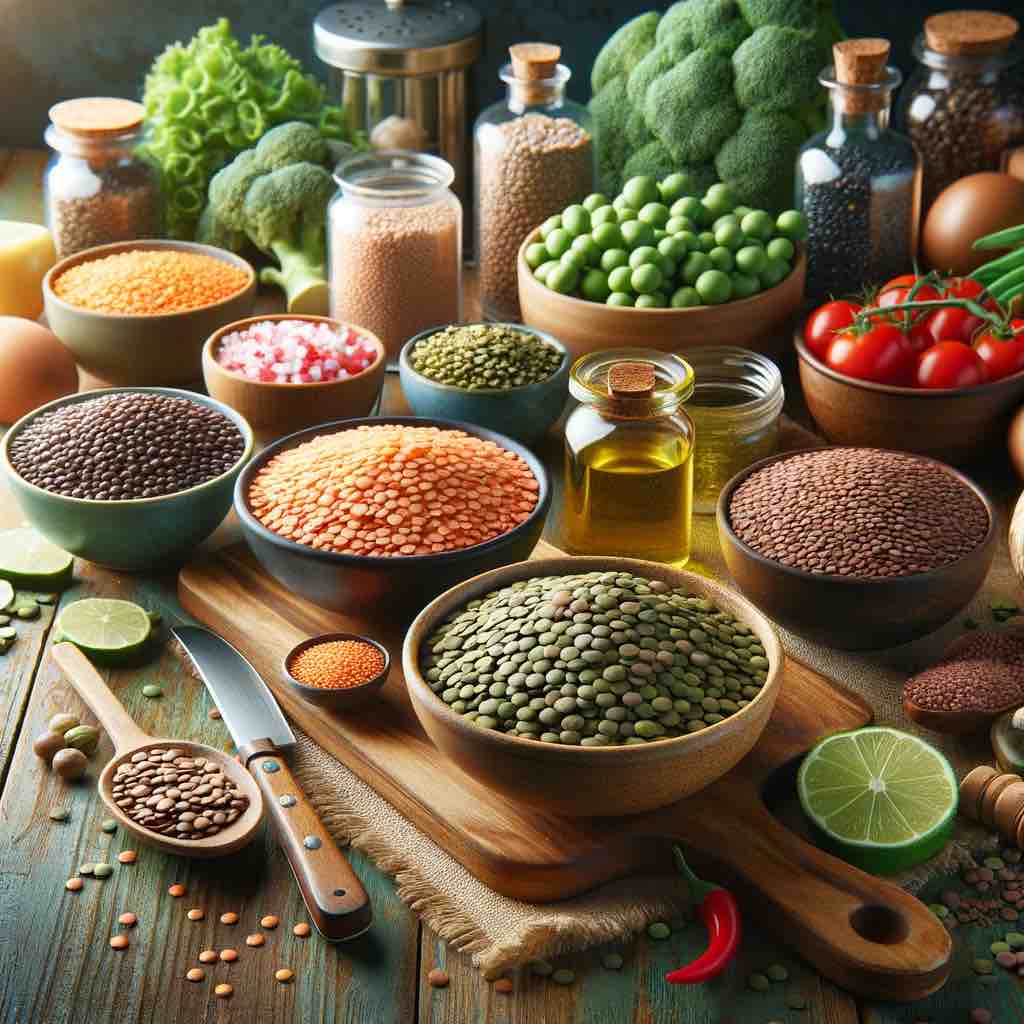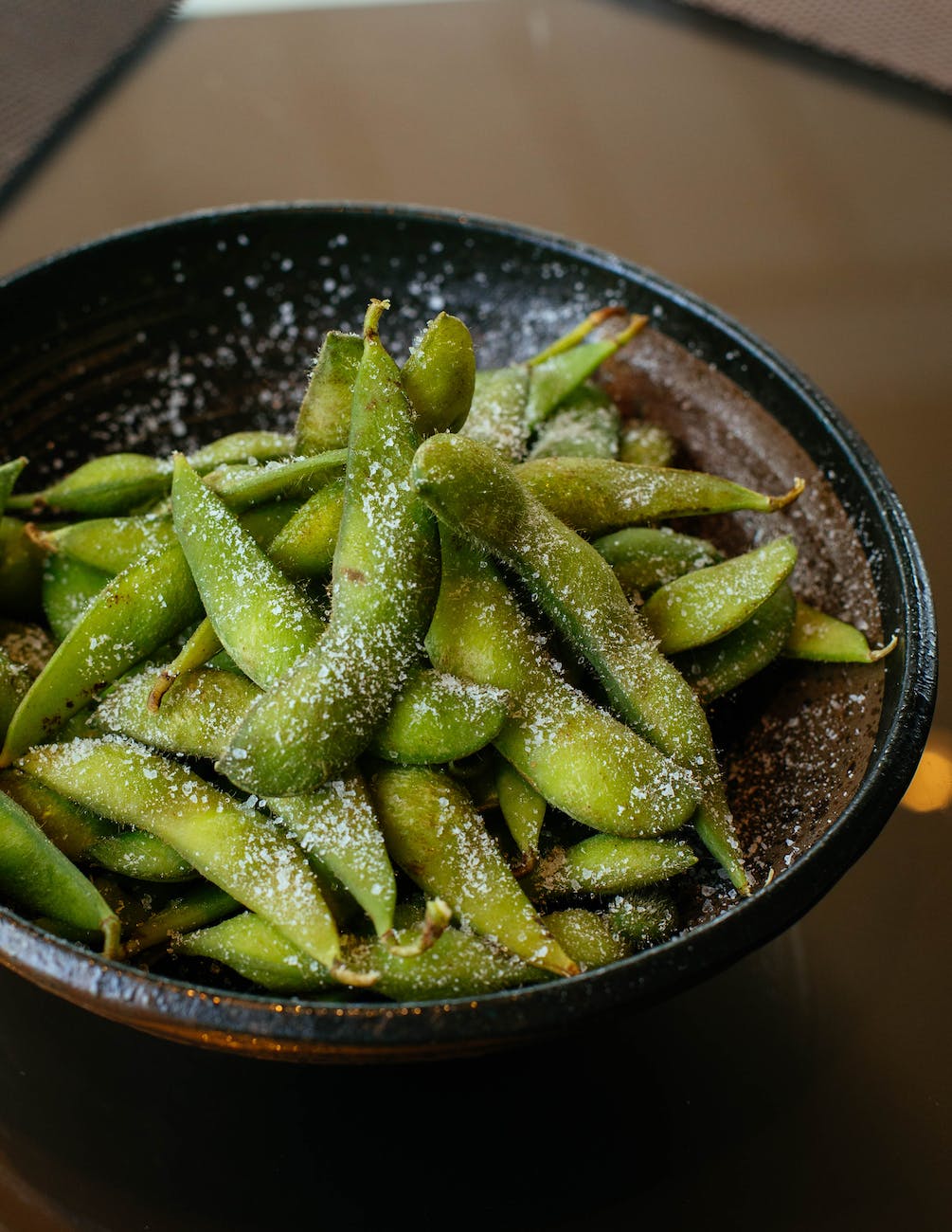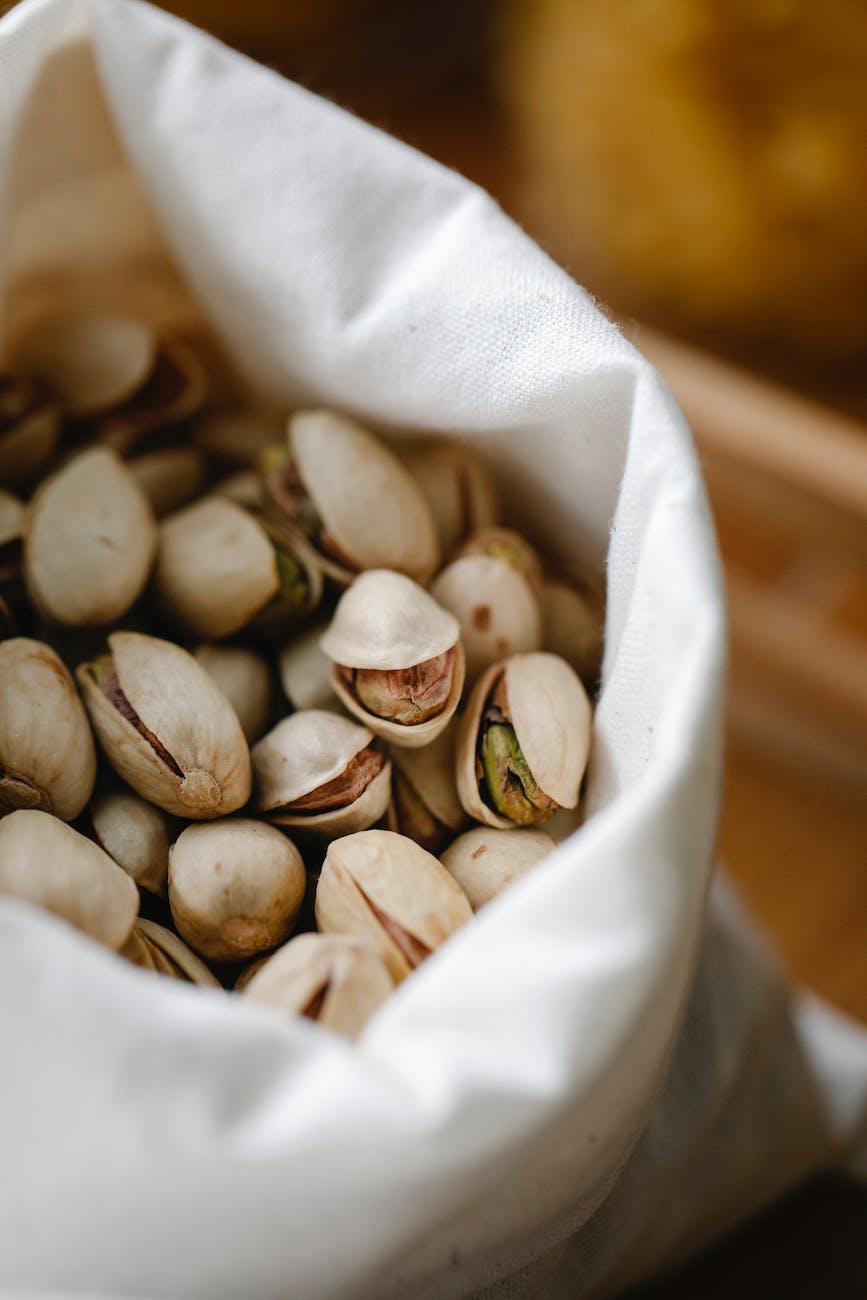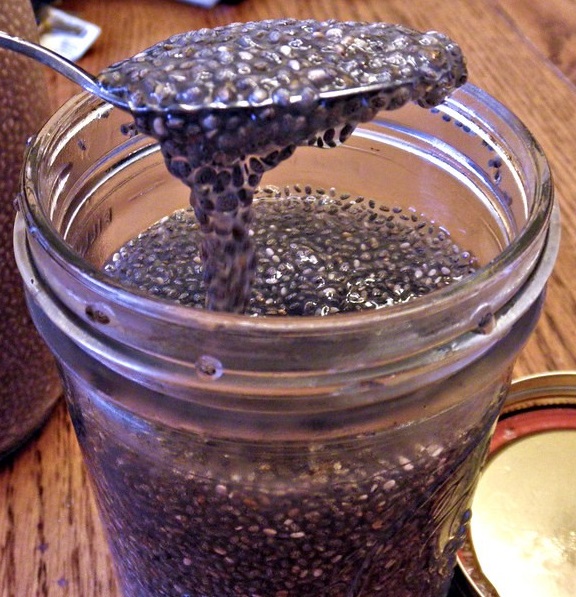
Introduction: The Keto Diet and Legumes
In the intricate world of the ketogenic diet, where every carb counts, understanding the role of various foods is crucial. Among the many queries that keto dieters have, one stands out: “Are lentils keto-friendly?” Lentils, a nutrient-dense legume, are a common feature in many diets but present a dilemma for those adhering to keto principles. This comprehensive guide examines their nutritional profile, their impact on ketosis, and how (or if) they can fit into a ketogenic lifestyle.
The Essence of the Ketogenic Diet
To fully grasp the context, let’s first understand the ketogenic diet:
- Fundamentals: A ketogenic diet is characterized by its high fat, moderate protein, and very low carbohydrate composition.
- Objective: The primary goal is to enter a metabolic state called ketosis, where the body efficiently burns fat for energy instead of relying on carbohydrates.
- Carbohydrate Restriction: The diet typically limits daily carbohydrate intake to around 20-50 grams to maintain ketosis.
Lentils: A Nutritional Powerhouse
Lentils are celebrated for their health benefits:
- Protein-Rich: They are an excellent source of plant-based protein, making them a favorite among vegetarians and vegans.
- Fiber Content: High in dietary fiber, lentils aid in digestion and help in maintaining blood sugar levels.
- Rich in Nutrients: Packed with vital nutrients, lentils offer iron, folate, magnesium, potassium, and various B vitamins.
However, the keto compatibility of lentils largely hinges on their carbohydrate content. On average, a cup of cooked lentils contains about 40 grams of carbs, 15 grams of which are dietary fiber, resulting in 25 grams of net carbs.
The Keto Dilemma: Lentils and Carbohydrates
The compatibility of lentils with a ketogenic diet is a complex issue:
- Net Carbs: The 25 grams of net carbs in a cup of lentils can significantly impinge on the strict carb limits of a keto diet.
- Ketosis at Risk: Such a high carb count could potentially disrupt the state of ketosis, the cornerstone of the ketogenic diet’s effectiveness.
Moderation: The Possible Middle Ground
Incorporating lentils into a keto diet requires careful planning:
- Small Servings: A tablespoon or two of lentils might be integrated into a keto diet, provided the rest of the day’s meals are extremely low in carbs.
- Balanced Diet Planning: It’s essential to meticulously plan your entire day’s diet to accommodate the carbs from lentils while staying within ketogenic boundaries.
Viable Alternatives to Lentils for Keto Followers
For those strictly adhering to keto, consider these low-carb options:
Vegetable Alternatives:
- Vegetables like spinach, kale, broccoli, cauliflower, and zucchini are nutrient-rich and have minimal carbs.
Protein Alternatives:
- Opt for lean meats, fatty fish (like salmon), eggs, and full-fat dairy products for protein requirements without the carb load.
Flexible Keto: Incorporating Lentils Smartly
For a less stringent keto approach, lentils can be included cautiously:
- Limit the Quantity: Use lentils as a flavor enhancer or side dish rather than the main component of a meal.
- Smart Pairing: Combine a small portion of lentils with predominantly low-carb foods to keep the overall carbohydrate intake in check.
Cooking with Lentils on a Keto Diet
Here are some tips for including lentils in your keto cooking:
- Sprouted Lentils: Sprouting lentils can reduce their carb content slightly.
- Lentil Soups: Use lentils sparingly in soups, combined with keto-friendly vegetables and broth.
- Salad Toppings: A sprinkle of cooked lentils can add texture and flavor to salads without adding too many carbs.
Conclusion: Lentils in a Keto Context
Lentils, with their rich nutritional profile, present a conundrum in a ketogenic diet due to their high net carb content. While they can be part of a flexible keto diet in minimal amounts, strict keto followers might need to avoid them or opt for lower-carb alternatives. As with any diet, individual preferences and nutritional requirements should guide food choices, and consulting with a nutritionist or healthcare provider is always advisable for personalized dietary advice.
We Want to Hear From You
How have you navigated including lentils in your keto journey? Do you have any favorite keto recipes that use lentils? Share your experiences and insights in the comments below!
FAQs
- What makes lentils a concern for those on a ketogenic diet?
- Lentils are a concern for keto dieters primarily because of their high net carbohydrate content. While they are rich in protein and fiber, a cup of cooked lentils contains about 25 grams of net carbs, which can significantly consume a substantial portion of the 20-50 grams daily carb limit typical in a ketogenic diet.
- Can small portions of lentils be included in a keto diet without disrupting ketosis?
- Yes, in very small portions, lentils can be included in a keto diet. For instance, using a tablespoon or two in salads or as a side dish can add nutritional value without significantly exceeding the carb limits. However, this requires meticulous carb counting and balancing with other daily meals.
- What are the nutritional benefits of lentils, and do they outweigh their carb content for keto dieters?
- Lentils are rich in proteins, dietary fiber, vitamins like folate, and minerals such as iron and magnesium. While these nutrients are beneficial, for strict keto dieters, the high carb content often outweighs these benefits. Those on a flexible keto diet may find ways to include small amounts of lentils without compromising their carb limits.
- Are there any specific types of lentils that are more keto-friendly than others?
- The carb content across different types of lentils (green, red, brown) is relatively similar. Therefore, no specific type of lentil is significantly more keto-friendly than others. The key is portion control, regardless of the lentil type.
- What are some keto-friendly alternatives to lentils for those missing them in their diet?
- Keto-friendly alternatives to lentils include low-carb vegetables like spinach, kale, and broccoli, which provide similar nutritional benefits. For protein, lean meats, fish, eggs, and cheese are good alternatives.
- How does the preparation of lentils affect their suitability for a keto diet?
- Preparation methods like sprouting or fermenting may slightly reduce the carb content of lentils. However, these methods don’t significantly lower the carbs to make them a staple in a standard keto diet. The impact on the carb content is marginal, so portion control remains crucial.
- What role can lentils play in a more flexible or cyclical ketogenic diet?
- In a more flexible or cyclical ketogenic diet, where carb limits are less stringent or vary from day to day, lentils can be included in small quantities. They can be part of a meal during higher carb intake days, providing a source of protein and fiber.
- Are there any creative ways to incorporate lentils into a keto diet without exceeding carb limits?
- One way to incorporate lentils into a keto diet is by using them as a minor ingredient in dishes like soups, salads, or stews. Another option is to mix a small amount of lentils with other low-carb ingredients to make a balanced meal.
- How can someone following a keto diet effectively track and balance the carb content from lentils?
- Tracking and balancing the carb content from lentils in a keto diet can be done by using nutritional apps or carb counters. It involves measuring the exact amount of lentils consumed and ensuring the rest of the day’s meals are very low in carbs.
- What advice do nutritionists give about including lentils in a ketogenic lifestyle?
- Nutritionists often advise that if lentils are to be included in a ketogenic lifestyle, they should be consumed in very small quantities. It’s recommended to balance their intake with other low-carb foods and to be vigilant about overall daily carb consumption. Some nutritionists may suggest alternative legumes that are lower in carbs for those who wish to maintain a plant-based keto diet.
Blog Tags for the Post
ketogenic diet, lentils, low-carb legumes, keto-friendly foods, nutritional planning, carb counting, protein sources, dietary fiber, meal planning, net carbs, plant-based protein













